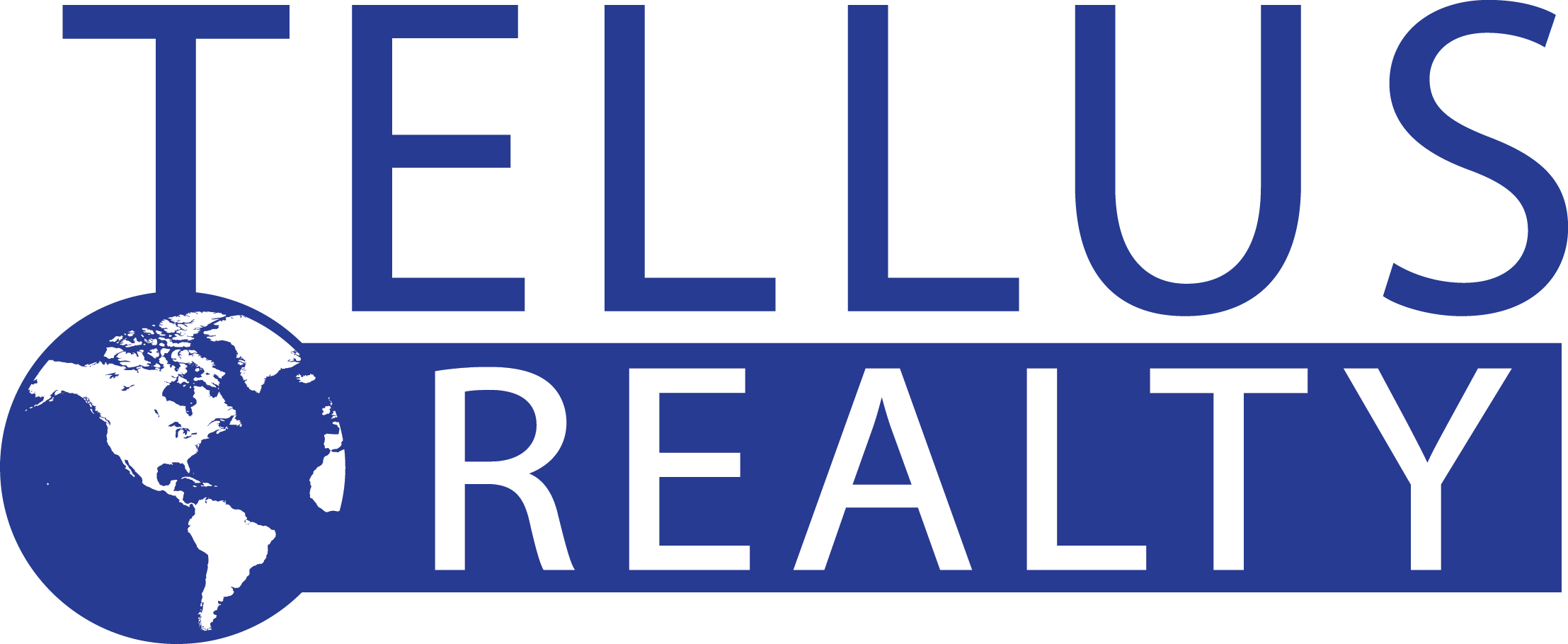My partner, Kathi Jackson and I have new classes scheduled for investors and for home buyers.
Classes are conducted in Monroe at the Junior High, during the evening. Classes include:
Right Way to Finance with Government Backed Loans:
Learn all the secrets in obtaining government backed loans.
Right Way to Buy Foreclosures:
Learn how to buy foreclosures.
Right Way to Invest in Real Estate:
Learn how to use the market to increase your net worth.
Right Way to Build Wealth:
Learn how to use the equity in your home to build your investment portfolio.
For dates, schedules, etc., check out the “Classes for You” tab on my website.
